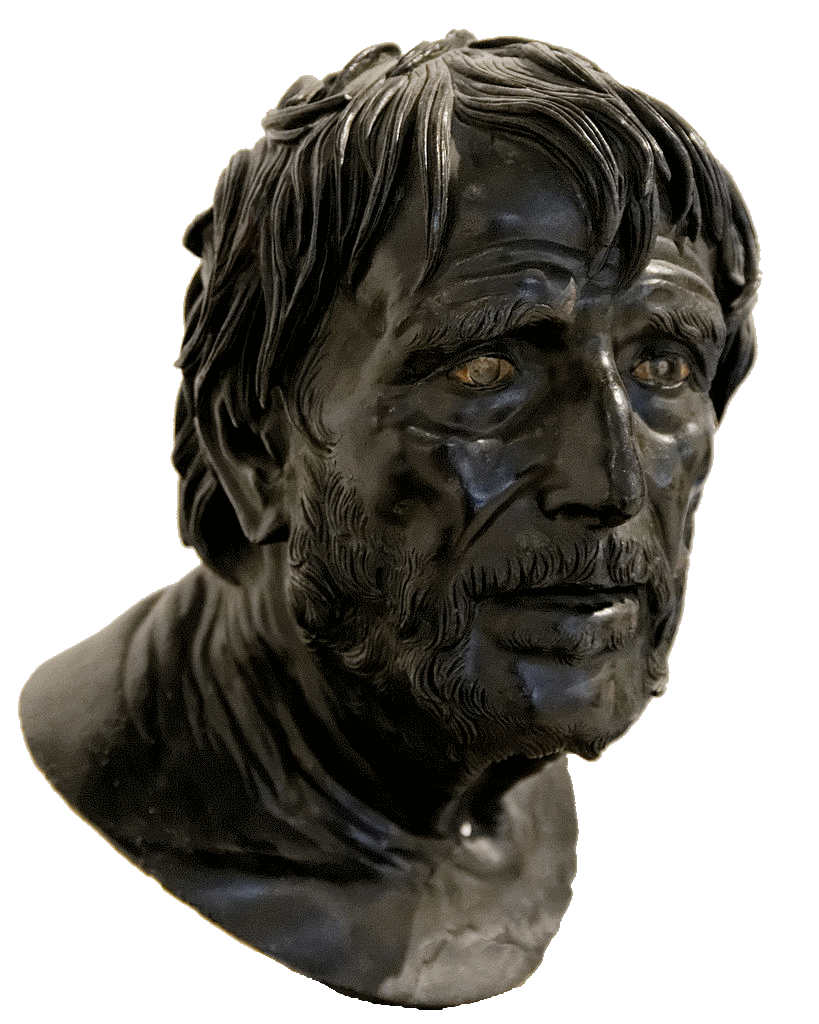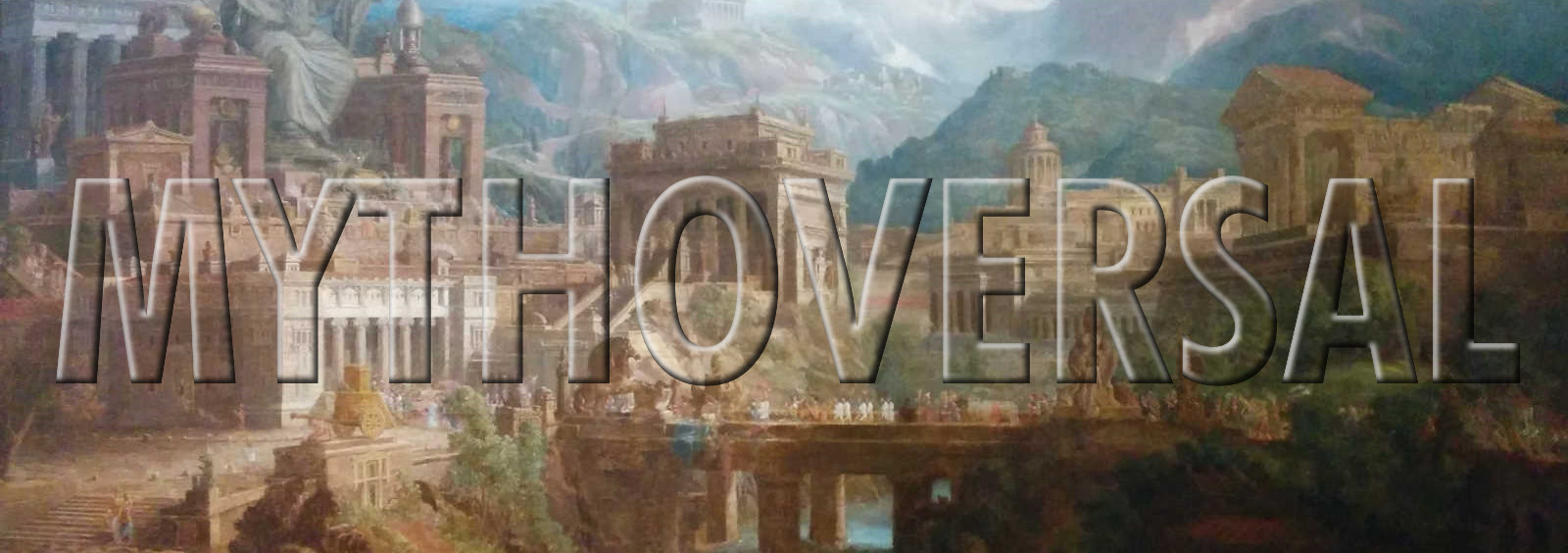Hesiod
Biography
Hesiod was a poet from the late 8th to early 7th Centuries BCE. By tradition, this makes him a contemporary of Homer. Where Homer was a rhapsode who performed at public festivals, Hesiod likely wrote his poems down or dictated them. Where Homer never discusses himself or his own life, Hesiod inserts personal experiences into his work and calls out family members and friends by name. Where the Homeric tradition is probably an amalgamation of many associated rhapsodes, Hesiod is more likely to be a single historical person. Together, Hesiod and Homer are credited with bringing national unity to the separate traditions of the Greek city-states. In his writings, Hesiod claimed to be from an Anatolian family that settled in the village of Ascra, near Thespiae in the Boeotian region of Greece. His father, a former merchant, acquired a small piece of land. Upon the father's death, the land was contested between Hesiod and his brother, Perses. According to Hesiod, he was the rightful heir, but Perses gained title to the land through trickery and corruption. Perses then mismanaged the land's resources to the point of impoverishment, while thrifty Hesiod amassed a small fortune for himself as a shepherd. Hesiod describes working as a shepherd until called by the Muses to the art of poetry, and gifted by them with a sweet voice and a laurel staff.Hesiod and Orchomenus
One tradition holds that Hesiod fled to the city of Orchomenus from Ascra during a war with Thespiae. He ended his career there, and was buried in the agora, next to the tomb of Minyas, the city's founder. In time, Hesiod also became regarded as a founder of culture within the city.On This Page:
Elsewhere:
Join World Anvil to subscribe to updates.

Children

Comments